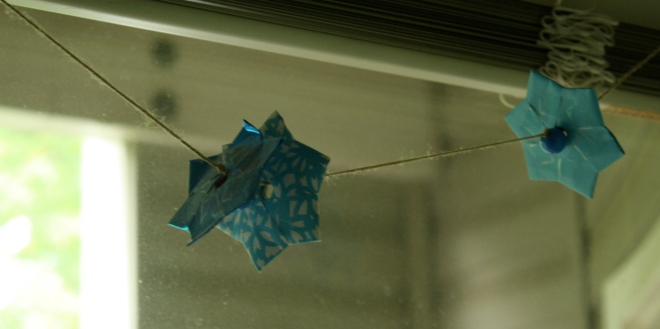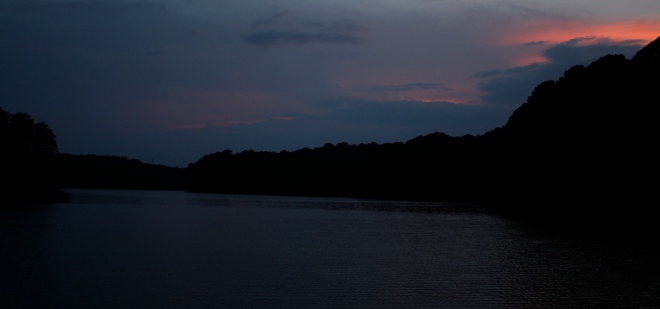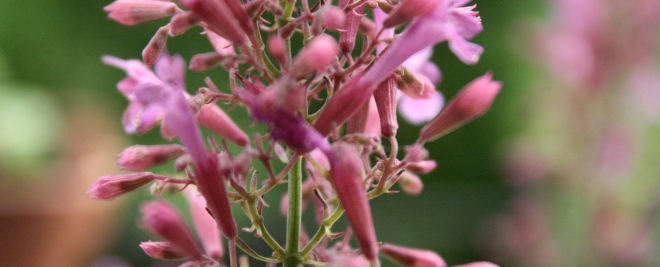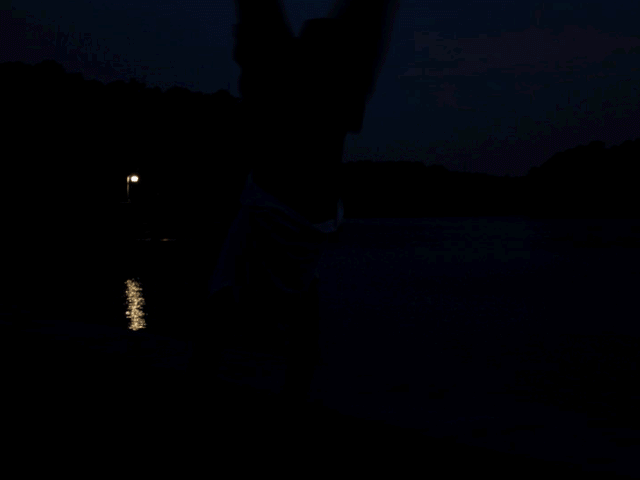A couple years ago, I read a pivotal book about different cultures of food. Growing up in a family with great food traditions, I never really had to think much about the type of food culture I wanted for myself and for my future family when the time came for me to spread my wings and leave my immediate family’s home(s). In our house, food was meant to be shared: it was a way of inviting others into the intimacy of your life by enjoying time, food, and drink together. And it didn’t seem to matter what the food was–it mattered more what the story was behind the food. The point in my family, as was also illustrated in the book I read, was that the story we tell around food informs the types of decisions we make about what to put in our bodies and what types of food we offer to others.
This week, I’ve been reading a lot about literacy, especially as it concerns the possible differences and gaps in achievement between young boys and girls. And for some reason, I kept coming back to this idea about the culture of food, which stems ultimately from our stories of food. As I wrestled with some of the more difficult realizations I came to regarding how gender and other cultural biases influence the ways in which we prepare children as literate citizens in our country, I thought of my own life and how this idea of storytelling seemed to permeate the ways in which Kevin and I make choices.
A few years ago, for example, Kevin and I decided we would only eat meat if we had sourced it—we wanted to know where it came from, how the animals were treated, how the animals were slaughtered, and how they came to be prepared for our bodies. We made this decision because we wanted to be able to begin telling a different story about the food we chose to consume. I had been vegetarian for years, but my story of food as a vegetarian seemed incomplete somehow. Growing up in a heavy agricultural state and then moving to another one, I recognized that in not eating meat, I was not connecting with local farmers who raised meat as part of the ecosystem of their farm. Making the choice to be an omnivore again was not easy, but I feel like for now, I am able to tell the kind of story about food that fits more with my evolving family’s culture and sense of connection to the community.
Storytelling, for me, however, is not just about the food I eat. It’s also how I make a lot of decisions in my life. I use storytelling to make sense of myself in relation to the larger community, and perhaps most importantly, I use storytelling to break down this complex world in which we exist so that the children with whom I work can begin to think about the stories of their short lives to this point and how they want the story to evolve as they grow up. I may not have the intricacies of gender and other societal biases worked out. I may not have the capacity to make the best decisions all the time, or to teach every skill to every child who comes through my door exactly in the ways in which he/she needs it. I can, however, through the act and art of storytelling, begin thinking more intentionally about the life I am living and about the ways in which the stories I choose to tell now shape the stories of my future. As a teacher and as an individual, the most I can offer is my story and my ears to others’ stories, and hopefully together, we can embark on this lifelong journey of community.




